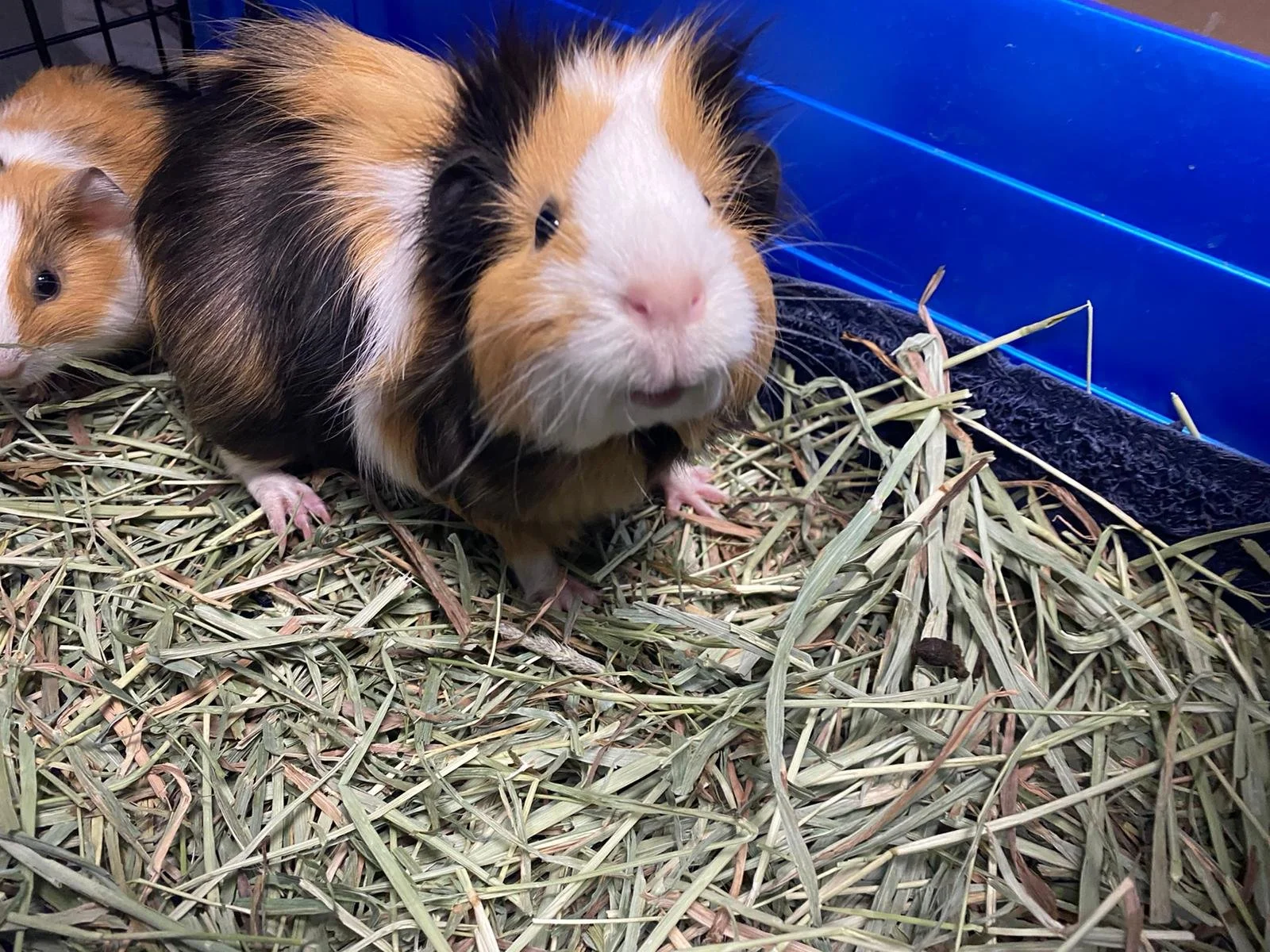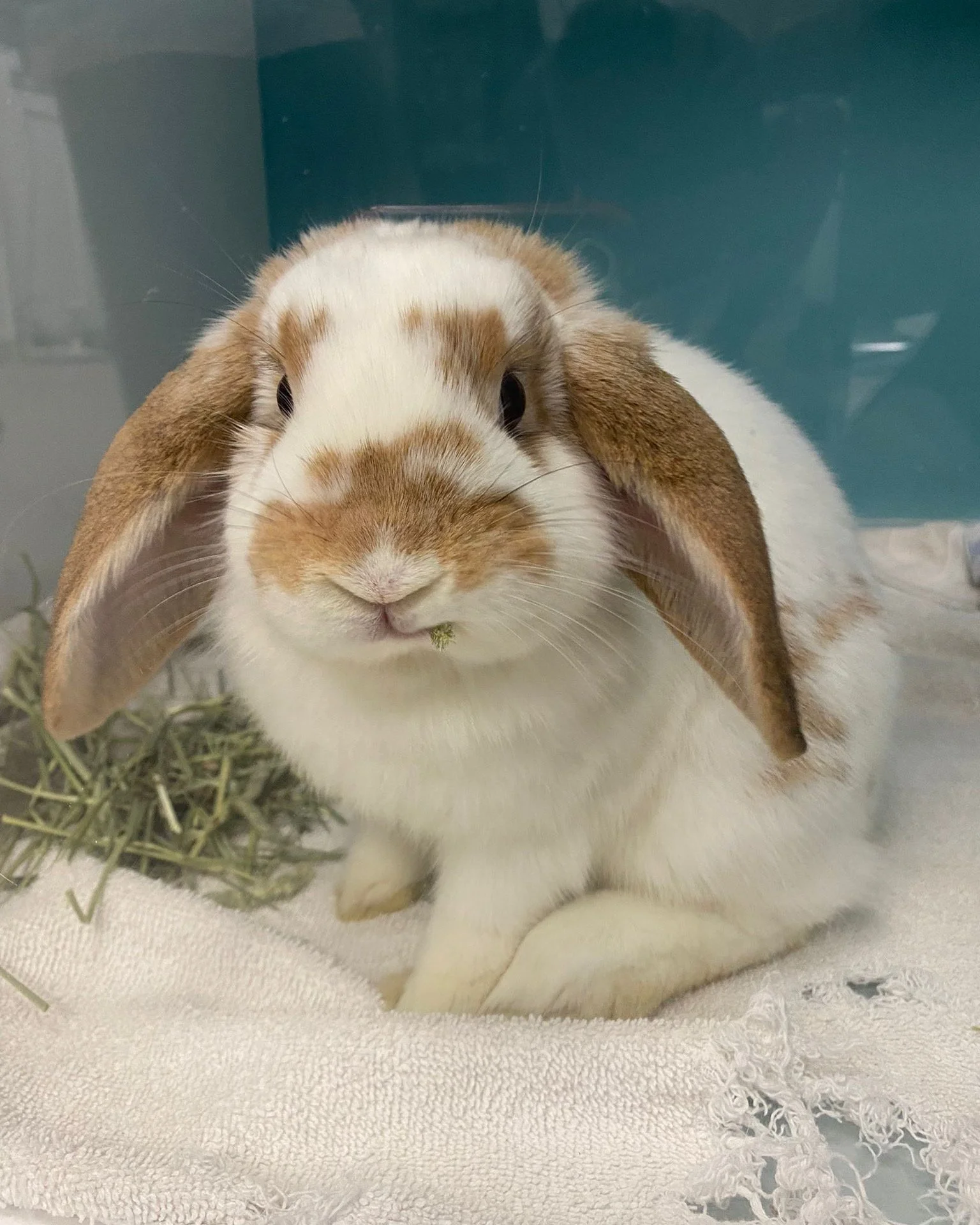
Vitamins and UVB
Many of our special exotic pets require special nutrients to keep them healthy and happy
Did you know that most of the illnesses and chronic disease processes in our exotic pets arise from issues in their husbandry (housing, diet, temperatures)?
It is extremely important to provide your special pet with the special treatment they require to thrive.
Click on the titles for specific examples of vitamin A, C and UVB.
Vitamin A rich foods:
Vitamin A plays an important role in avian and reptile health and is crucial for a healthy immune system. Hypovitaminosis A causes squamous metaplasia of epithelium within the oropharynx, choana, sinuses, GI tract, urogenital tact, reproductive tract, and uropygial gland as well as hyperkeratosis of the feet. In aquatic turtles we often see development of aural (ear) abscesses due to vitamin A deficiency.
Vitamin C rich foods:
Like people, guinea pigs lack the physical ability to produce their own vitamin C, and require supplementation of vitamin C in the form of vegetables and fruits. If a guinea pig does not get enough of this vitamin in its diet, they can develop a condition called scurvy. This condition can interfere with the body's ability to manufacture collagen - an important component of bone and tissue formation, can cause blood clotting problems, and can lead to problems of the skin and joints.
How to choose an appropriate UVB light?
The proper UVB wavelength is essential for reptiles’ ability to regulate their own Vitamin D3 levels naturally, enabling them to properly absorb calcium. Without sufficient UVB, these reptiles will develop metabolic bone disease, bone softening and deformation, or other serious illnesses. (Yes, even nocturnal animals need a level of UVB light and No, if it goes through glass it doesn’t work).
The bulbs will need to be replaced every 6 months even if they don’t go out on their own.
Prognathism in an iguana due to metabolic bone disease


